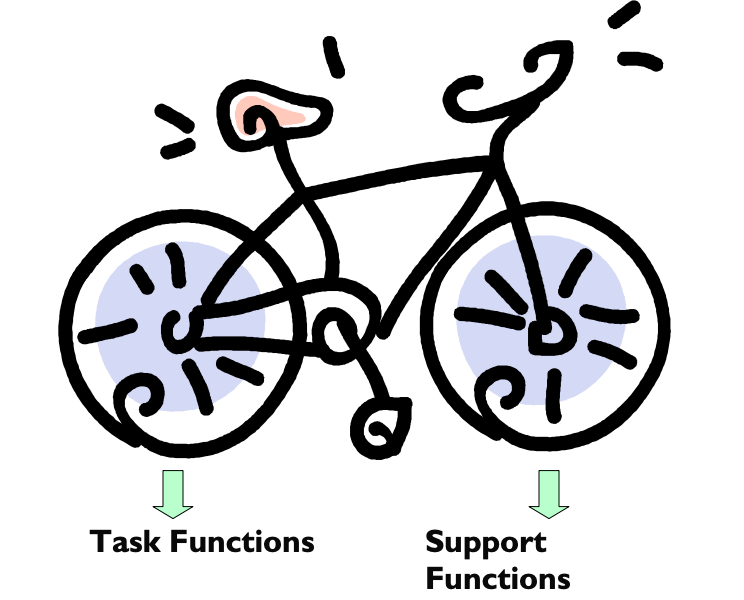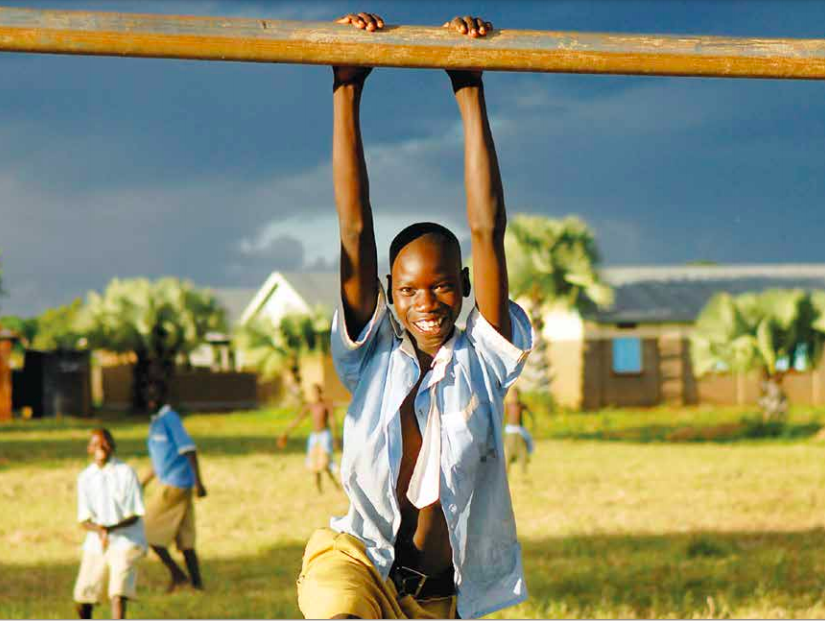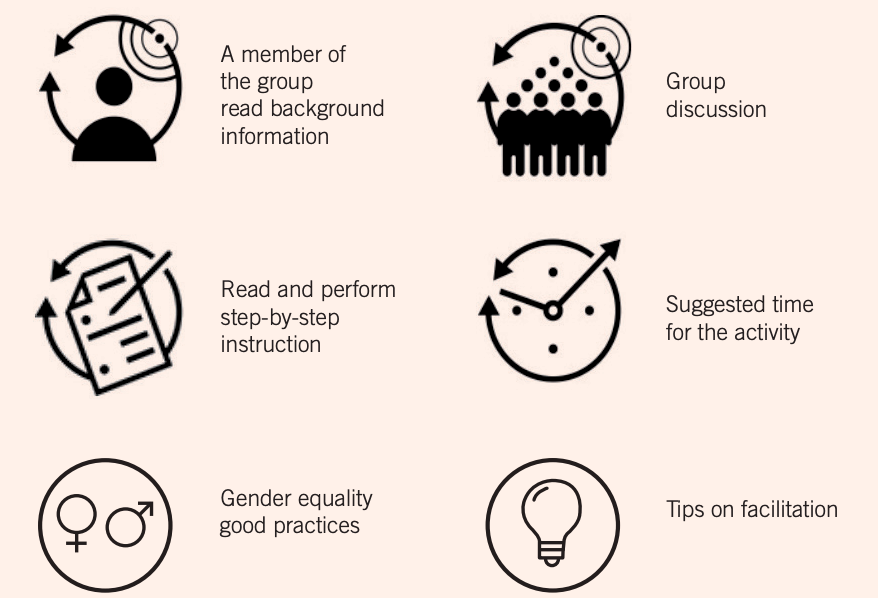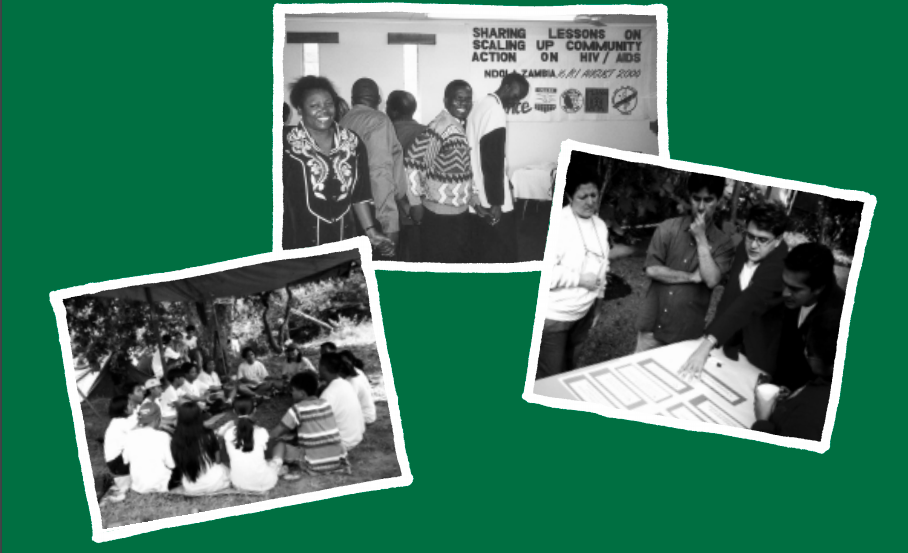Tag: #handbook
-
Team Building Module Facilitator’s Guide

Description: The following session facilitation guidance has been developed to assist NuPITA OD advisors to implement the teambuilding workshop. The workshop is designed to engage participants in boththeoretical information and application through a combination of case studies, role-plays, individual discussion, small group exercises, and large group discussions. It may be applied to an entire organization…
-
Protection Mainstreaming Training Facilitator’s Guide

Description: The target audience for the training is staff workingin all IRC sectors from assistant level upwards.Recognizing that the level of staff capacity in IRCvaries from country to country, trainers should tailor thematerials appropriately to their audience. A methodology focusing on practicality ratherthan theory has been favored; the aim being to getparticipants to ask themselves…
-
An Orientation on the Cooperative Business Model Facilitator’s Guide

Description: The facilitator’s guide is geared towards people who are interested in organizing and facilitating Think.COOP training. It provides guidance on planning the training and facilitation techniques and also provides step-by-step descriptions of the learning activities in the Think.Coop training guide, including key messages to be shared with participants. This guide also serves as a…
-
A Facilitators’ Guide to Participatory Workshops with NGOs/CBOs Responding to HIV/AIDS

Description: This guide does not attempt to explore how participatory approaches can be applied to different aspects of HIV/AIDS work. The Alliance documents this information in the form of toolkits (trainingmanuals) on specific subjects. These toolkits include examples of participatory tools and activities which can be used to help people discuss different issues. Instead, this…

